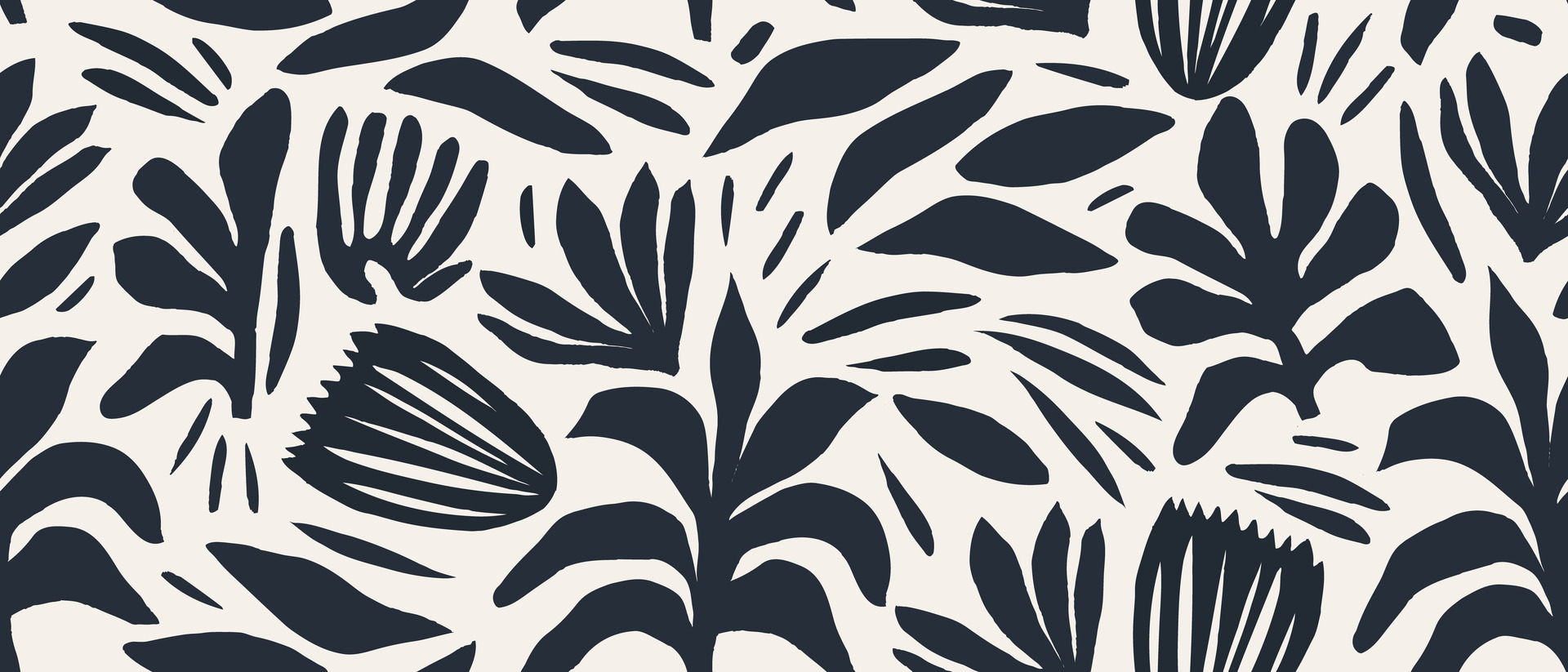
The Enigmatic Charm of the Ashanti Fertility Dolls
Discover the enchanting lure of the Ashanti fertility dolls, traditional symbols of beauty, fertility and motherhood that are deeply rooted in the Ashanti culture.
20 Mar, 2024Ashanti fertility dolls, are cherished symbols of maternal fertility and luck. These remarkable artefacts are not only stunning pieces of art but also carry profound cultural significance, that has been revered throughout generations. This feature delves into the mystical world of these traditional talismans, unearthing the history and beliefs that surround them.
The Cultural Symbolism of Ashanti Fertility Dolls
The Ashanti people, hailing from Ghana, have long embraced the fertility doll, known as 'Akuaba', as a potent symbol of fertility and procreation. Traditionally crafted from wood, these dolls are distinctively stylised to embody beauty ideals within the Ashanti culture, featuring a large disc-like head. The significance of these dolls transcends mere aesthetics, and is deeply embedded in the customs and spiritual beliefs of the Ashanti people.
As talismans, the Ashanti fertility dolls are believed to bestow fertility aid in conception and ensure safe childbirth upon those who possess them. Often used among young women that are preparing for motherhood for the first time. The practice of carrying these dolls, often mimicking the care one would give to a real child, is a testament to their belief in the items mystical powers. It's a tradition that has been passed down for centuries, as a poignant emblem for the continuation of the Ashanti people.
The iconic shape and form of the Akuaba dolls are laden with symbolism. The oversized head representing knowledge and wisdom, the round shape said to represent the womb or believed by some to be symbolic of the Moon goddess. While the elongated neck is a sign of beauty and elegance. Their simplistic facial features and absence of limbs focus attention on the doll's head, reinforcing the belief in the significance of a sound mind and intellect. This stature of the doll not only reflecting divine feminine form but it is imbued with the Ashanti peoples hopes and aspirations for their offspring.
Exploring the Craftsmanship
The creation of an Ashanti fertility doll is a process fuelled by intention and skill. Artisans, often with knowledge passed down through generations, meticulously craft each doll from wood, paying homage to the traditional designs while also giving each piece its unique character. This craftsmanship is not only a form of artistic expression but also a preservation of cultural identity.
The dolls are often adorned with colourful beads and fabrics, adding layers of individuality to each piece. These additions are not simply decorative; they are reflective of the wearer's status, aspirations, and the doll's intended purpose. Whether for ritualistic use or as a cherished collectable, the intricate designs and dolls embellishments speak to the care and reverence bestowed upon them, by the Ashanti people.
For those interested in delving deeper into the world of African artistry and culture, several resources and exhibitions are available. The richness of African traditions, as exemplified by the Ashanti fertility dolls, offers a window into a world where art and spiritual beliefs intertwine, providing a deep understanding of the values and aesthetics that have shaped societies.
Embrace the opportunity to explore the cultural depths of the Ashanti people and their fascinating traditions. The Ashanti fertility dolls, with their profound symbolism and cultural significance, are a testament to the enduring legacy and beauty of African heritage.
Akuaba Dolls Now
Over the years, the use of Ashanti fertility dolls has evolved. While they still serve their traditional purpose, they have also become sought-after collectibles and decorative objects, appreciated for their beauty and cultural significance far beyond the borders of Ghana. Museums, art collectors, and enthusiasts of African culture have grown increasingly enamoured with these dolls, showcasing them as fine examples of African artistry and heritage.
In the context of modernity, the Ashanti fertility dolls remind us of the universal value of fertility and the continuance of heritage and culture. They stand as a bridge between the past and the present, a symbol of hope for the future. Their presence in homes and exhibits around the world further highlights the global appreciation for African traditions, and the universal desire for motherhood.
